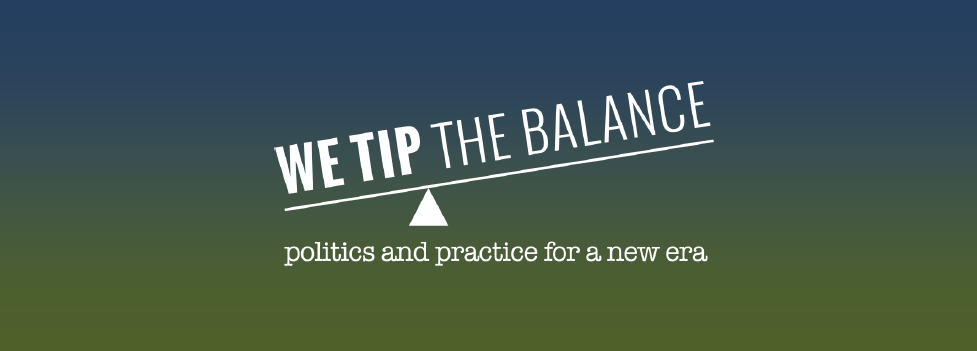It is clear to me – and it is clear to many – that what we call the political vocabulary of this age cannot serve the needs of this age. We will have to find a way to get beyond our crippling habits. This is not the 19th century. Queen Victoria is long, long dead, and Europe is no longer the center of the world.
– James Baldwin
Politics, defined in a liberal democracy as the activities or affairs engaged in by a government, politician, or political party, are historically understood as a struggle that pulls one direction or another on a spectrum that spans from the liberal progressivism of the Left, through centrist political positions, to the conservativism of the Right.
Does that description match our experiences of politics today? Can the political environment in which Donny Trump was president of the United States of America be defined as liberal? Are the battles over voting rights, corporate control and abortion those of a liberal democratic order? As both the Democratic and Republican parties complexify with internal struggles in their attempts to reorganize their internal forces at the juncture, it becomes more clear that democracy itself is at risk.
The modern Enlightenment project, of which our political economy is a product, had as its task to understand the limitations in knowing from which it emerged. The result was a modern, liberal, progressive understanding of the world: economic progress, progressive politics, the march of history, and, among other signifiers, an individuated sense of Self. However, this self-conscious, modern era (triumphant precisely due to its arrogance manifested in Eurocentrism and racism) no longer seems to be an adequate description of our lives.
The project of which we are in the midst, whether actively engage in it or not, is to understand the limitations of modern thought, or the limitations in knowing which shape our own contemporary, collective experience.
In such a project, the more important question is not what lies to the left or the right in newly reconfiguring political parties, but what lies ahead. Unlike the period of Enlightenment, this time, the belief in our ability to fully know, to have an Answer, to feel control over our environment, has been shaken. From scientific advances in physics and the developments of new materialism to the perceived failures of social scientific thought and the lived experiences of failures of governments to serve their citizens and keep them safe from dangers “foreign and domestic”, it is clear there are no ready-to-use formulas or easy answers.
People are trying to figure out, by doing, what change must look like now if we, or our descendants, are to live in a world able to support our individual and collective well-being. This is about how we manage ourselves. The endeavor is ideological, emotional, related to values and faith, contingent upon what we can glean as individuals and collectively. It is as much about how and what we don’t know as it is about knowledge and rationalism. It is about discovery, and who we will collectively become.
Our current systems are a product of dominant (and dominating) culture; it is now our task to produce the culture that will build the subsequent systems. I define cultural production as the political act of ordering our lives together such that we are able to seek new ways of becoming and through which emergent political systems take root. The politics of cultural production lie beyond progressive politics, beyond politics of struggle, in a terrain of conscious becoming perhaps barely visible on our collective horizon.
Whatever we come up with, it seems as if two of the key variables that will determine its viability will be our collective ability to 1) actualize and codify new forms of power and legitimacy, and to 2) use this political moment as an opportunity to deepen both the meaning and the practice of democracy.
______________________________________
This We Tip the Balance text is licensed to Mich Levy under the Creative Commons Attribution-ShareAlike 4.0 International License. To view a copy of this license, visit http://creativecommons.org/licenses/by-sa/4.0/. Contact Mich at http://wetipthebalance.org/invitation/.
